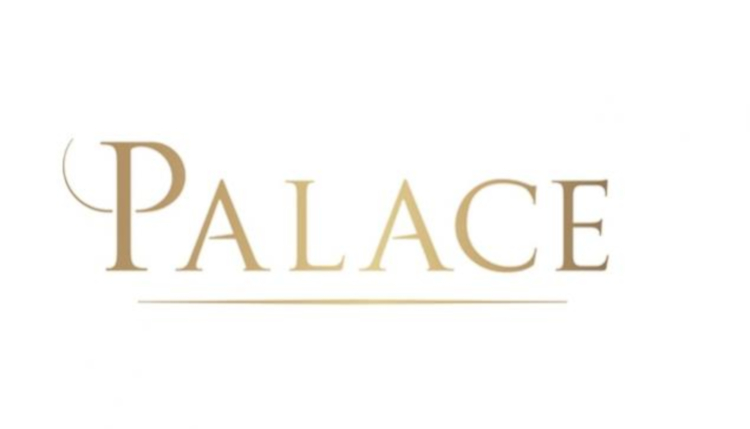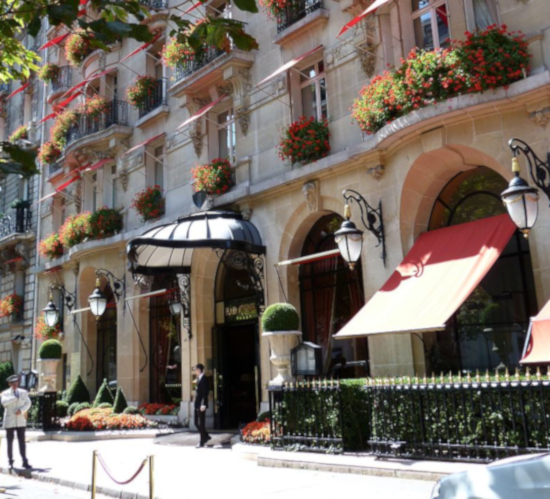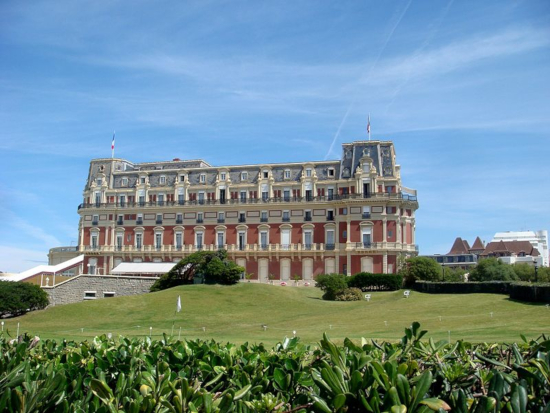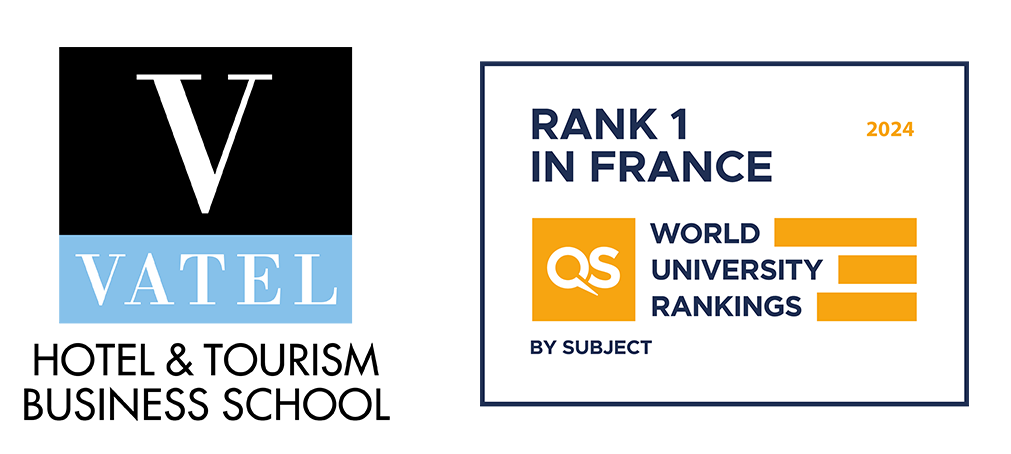
Despite the fact the ‘palace’ classification was introduced in recent years, it quickly became a symbol of French-style excellence and elegance.
Created in 2010 exclusively in France, the grade classification ‘palace’ became quickly widespread and gained an international reputation. Thus, a palace is a grand establishment where work experience is valued for many reasons. Here are five of them. You can experience this advnture at Bordeaux
Palace: a dynamic hotel segment resistant to repetitive crisis
“Despite the Paris attacks and the French latest social movements, the palace’s guests kept flowing to Paris due to their fondness for the city”, explains Stephane Botz from l’Observatoire des Palaces. The same applies to the French Riviera establishments.
The fact that six new 5* hotels asked for the precious grade classification and obtained it in October 2019 is a proof of the vitality of the high-end luxury hotel sector. The Covid-19 crisis will undoubtedly impact this industry but the prospects remain good. Furthermore, the World Tourism organization predicts that by 2030 there will be a surge in the number of tourists, and claims that the current 400 million tourists will soar to 1,4 à 1,8 billions, undermining any fear of an excessive offer in terms of number of palaces
High-end luxury hotels welcome mostly international guests, as part of cultural trips
May students choose to study hotel management because of their love of travel. When working in palaces, they encounter guests from different cultural backgrounds. Thus, the study conducted by KPMG shows that almost ¾ of the palace guests are international.
They come from:
- North America (22%)
- Middle-East (13 to 22%)
- Eastern Europe, specifically Russia
On average, 22% of luxury hotels guests are French, “with a concentration of French tourists at Courchevel and Saint-Tropez. The famous Alps station is also mostly visited by Russians”, explains Front Office Manager Dylan Chapert of Cheval Blanc hotel in Courchevel.
Palaces are on the lookout for the surprising element to retain guests
The palace guest-base is very difficult to please, and palaces often go out of their way to retain their demanding guests by constantly attempting to surprise them. Hence, La Réserve Paris Hôtel & Spa usually launches exclusive partnerships such as the one with Leonard de Vinci exhibition, according to its General Manager Romain Meiran.
The Hôtel Royal at Evian-les-Bains boasts a private boat, Evian One, indulging its guests with a 40-minute trip to Geneva through the Leman lake. Moreover, General Manager Laurent Roussin reported private dinners of 12 people prepared by their chefs aboard the boat.
Furthermore, to set its establishment apart, Les Sources de Caudalie at Martillac suggests a beauty therapy called vinotherapy combining wine-based properties and groundwater source pumped at a depth of 540 meters.
Palace: suites as hallmarks of luxury
The most remarkable and lavish symbols of palaces are undeniably their luxury rooms featuring spacious and design-centered amenities. Royal suite, presidential suite, signature suite, you name it. They are all the hallmarks of palaces and they are marketed as their main type of luxurious accommodations. For instance, Villa La Coste only offers its own Villa suites, Château Saint Martin & Spa has 6 suites out of 7 rooms and les Airelles hotel at Courchevel offers 9 suites out of a total of 11 rooms.
Suites provide a unique setting and are designed to dazzle guests: the ‘Atelier d’Artistes’ at Le Crillon hotel or Suite Joséphine Baker at Lutetia hotel are the perfect illustrations of this.
A Palace pairs with Michelin-star restaurants
Palaces place great emphasis on high-end gastronomy and cater for their gourmet guests by providing a wide offer of Michelin-Star restaurants.
– ‘Alain Ducasse’ at Plaza Athénée run by Chef Ducasse
– ‘La Vague d’Or’ at Cheval Blanc Saint-Tropez run by chef Arnaud Donckele
– ‘L’Épicure’ at Bristol headed by Chef Éric Frechon
-‘Le Cinq’ at Four Seasons Georges V run by Christian Le Squer
-‘Le 1947’ at Cheval Blanc Courchevel run by Yannick Aliéno

High-end hotels, a special treatment for employees
Obtaining a palace grade classification leads to adopting higher standards in the hotel. For instance, the number of valets should be higher than in a standard hotel. Hence, given the extensive attention the staff members are asked to give to their guests, they get special treatment from their hotel administration. Consequently, for instance, Lutetia offers yoga sessions and photography workshops to its employees.
The following Vatel Bordeaux’ graduates work in palaces:
- Ludovic Donguy – Senior Sales Manager – Four Seasons Hotel George V, Paris
(MBA in International Hotel Management- Academic year 2013) - Flore Gallet Purchasing Manager at Shangri-La Hotel Paris
(Bachelor in International Hotel Management – Academic year 2010) - Amandine Ollier – Head of Client Relations Plaza Athénée – Paris
(MBA in International Hotel Management – Academic year 2019) - Dylan Chapert Chef de réception à l’Hôtel Cheval Blanc de Courchevel – Courchevel
(Bachelor in International Hotel Management – Academic year 2015)
Find our more about our courses: Bachelor & MBA in International Hotel Management.

